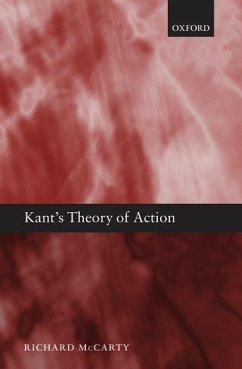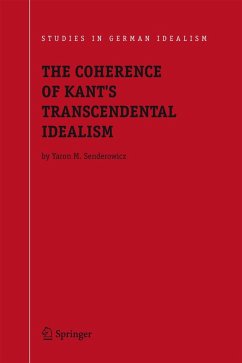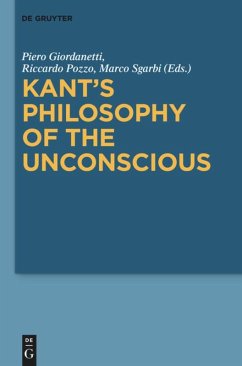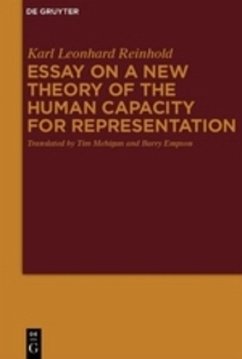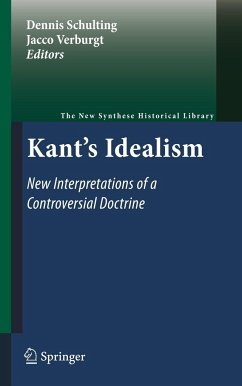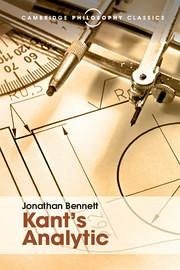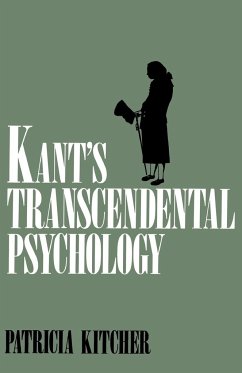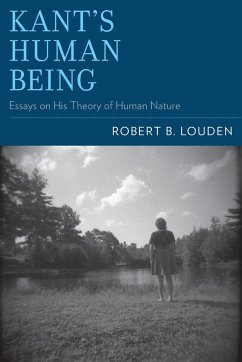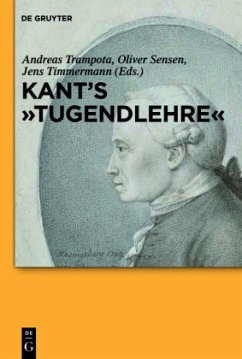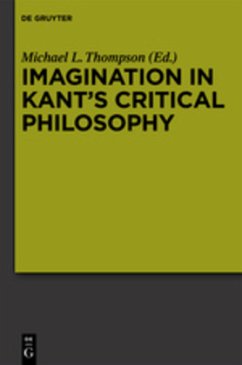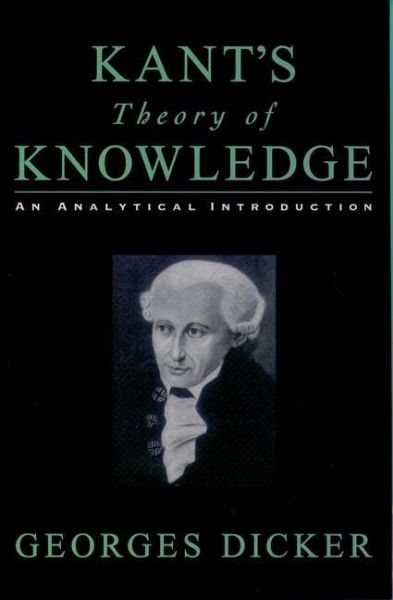
Kant's Theory of Knowledge
An Analytical Introduction
Versandkostenfrei!
Versandfertig in 1-2 Wochen
65,99 €
inkl. MwSt.
Weitere Ausgaben:

PAYBACK Punkte
33 °P sammeln!
Kant's masterpiece, Critique of Pure Reason, is universally recognized to be among the most difficult of all philosophical writing, and yet it is required reading in almost every course that covers modern philosophy. Most students find Critique of Pure Reason impenetrable without the help of secondary sources. While there are numerous advanced scholarly works on the topic, Dicker's is the first treatment explicitly designed for undergraduates to
read alongside the primary text, rendering Kant's views accessible without oversimplifying them. His book will be useful to both undergraduate and graduate students tackling this notoriously difficult yet highly influential thinker in courses in modern philosophy, epistemology, and Kant.
read alongside the primary text, rendering Kant's views accessible without oversimplifying them. His book will be useful to both undergraduate and graduate students tackling this notoriously difficult yet highly influential thinker in courses in modern philosophy, epistemology, and Kant.
The Critique of Pure Reason is Kant's acknowledged masterpiece, in which he tackles the question of how we can possibly have knowledge that does not rest on experience (a priori knowledge). The first half of the Critique advances a constructive theory of human cognition and defends the possibility of human knowledge against the skeptical empiricism of Hume. These sections of the Critique are difficult for beginners and for advanced students alike. While there exist many scholarly works discussing the Critique on an advanced level, this book is explicitly designed to be read alongside the text by first-time readers of Kant. Dicker makes Kant's views and arguments as accessible as possible without oversimplifying them, and synthesizes the views of contemporary scholars. Kant's Theory of Knowledge will be useful to both undergraduate and graduate students struggling with this notoriously difficult yet deeply influential thinker.





